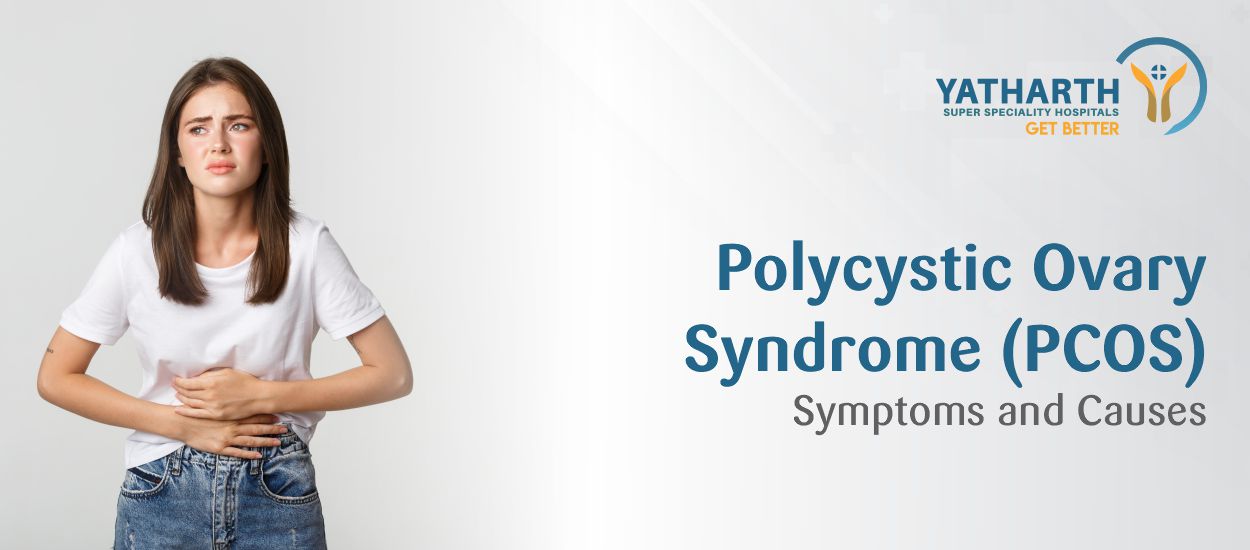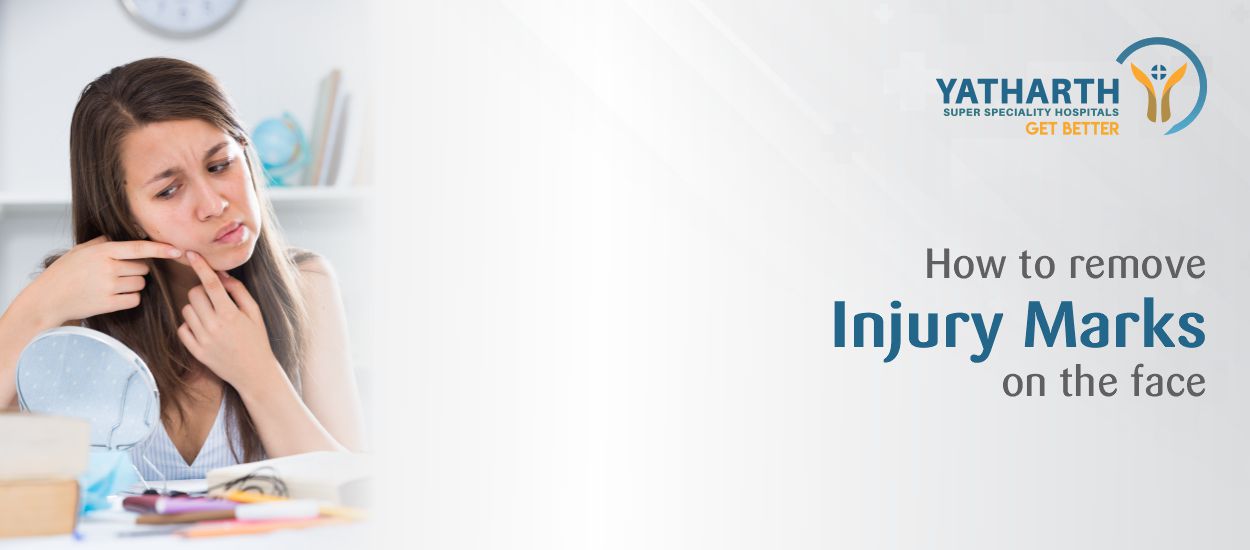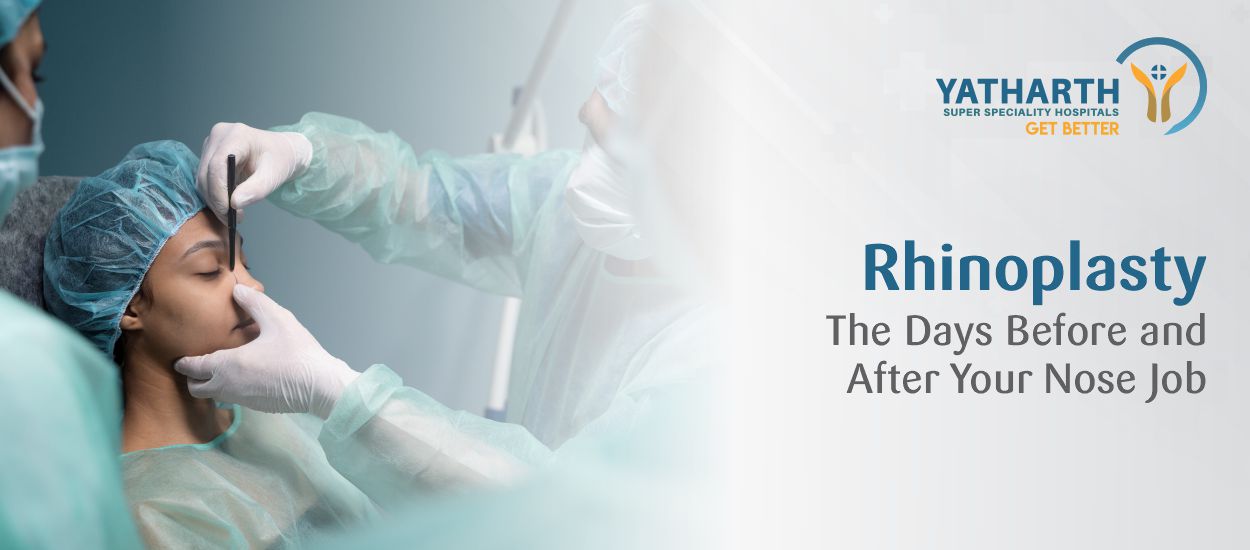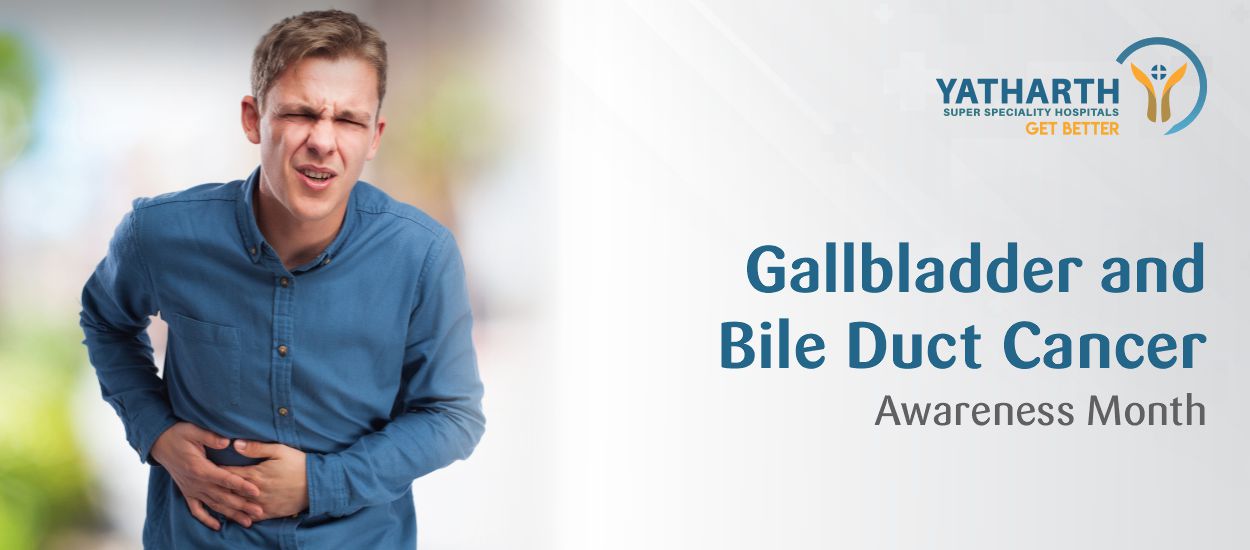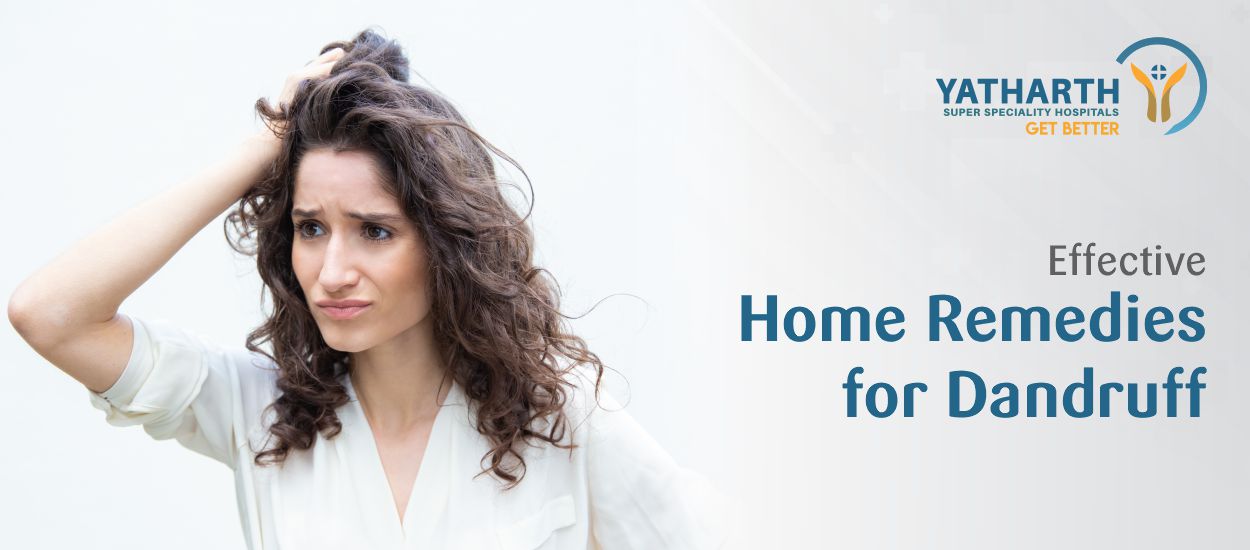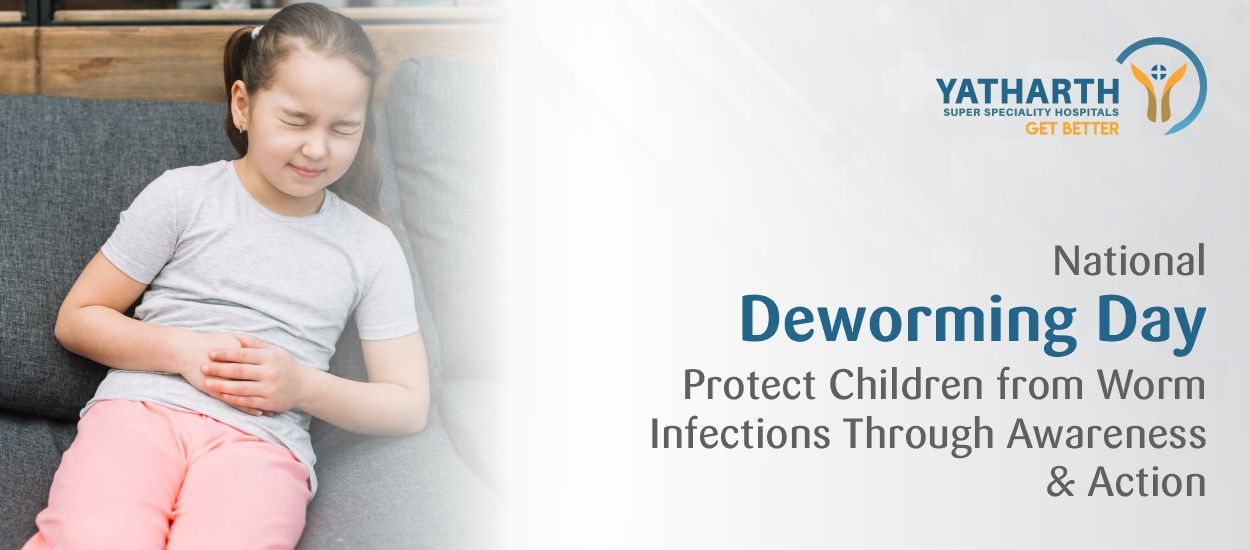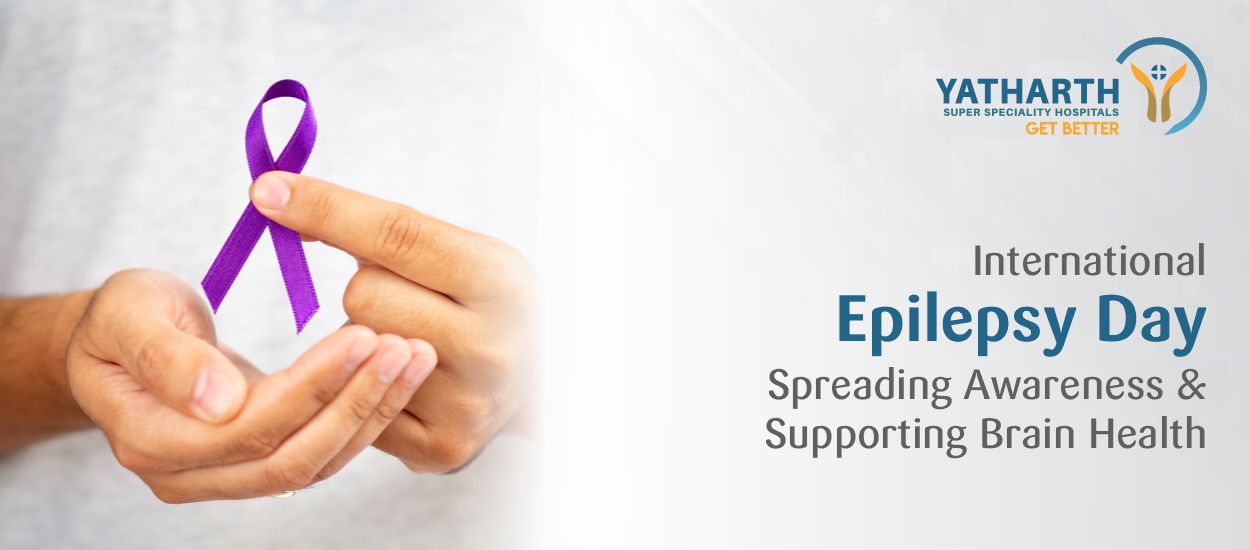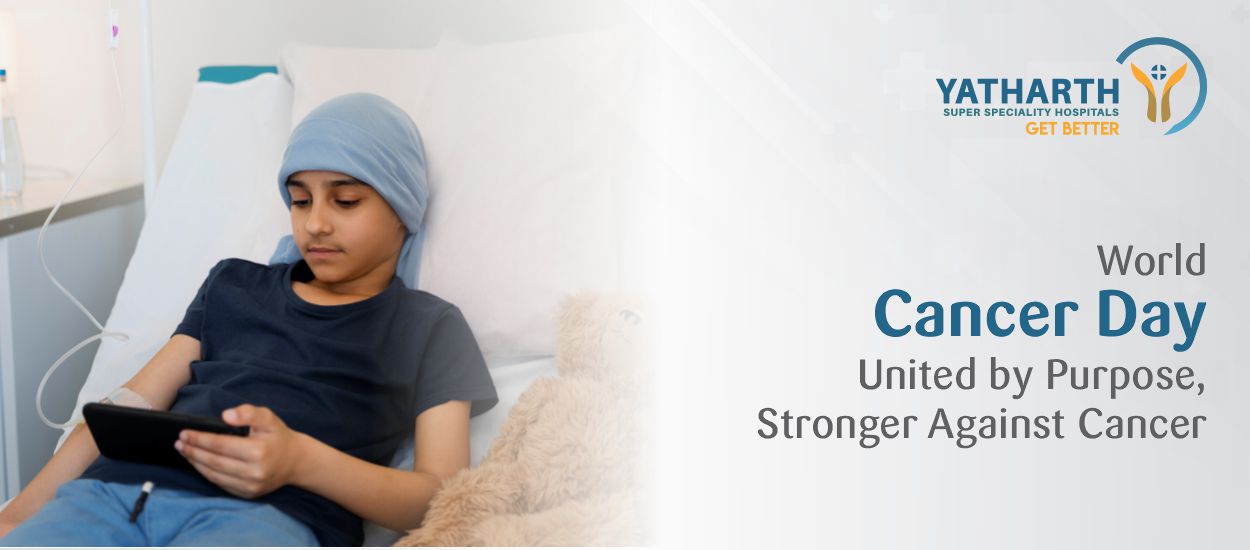Polycystic Ovary Syndrome (PCOS) - Symptoms and Causes
If you are suffering from PCOD or PCOS, do not worry. You are not alone. When we look at the statistics in India, about 1 out of 5 women in the country suffer from PCOD or PCOS.
In this blog, we will outline all the necessary information that you need to know about PCOS
What is PCOS (Polycystic Ovary Syndrome)?
Polycystic Ovarian Syndrome is the medical abbreviation for PCOS. PCOS is a medical condition where a woman's ovaries generate considerable amounts of immature or partially immature eggs. This happens during the reproductive age; over time, these eggs develop into cysts in the ovaries. Because of these cysts, the ovaries become large and secrete a large amount of androgen (male hormones). This leads to issues like infertility problems, irregular periods, unexpected weight gain, and several other health conditions.
However, even today, most women are unaware of the signs and symptoms of PCOS despite this condition being a common one. Let us take a closer look at the symptoms and signs associated with PCOS.
Symptoms of PCOS (Polycystic Ovary Syndrome)
In most cases, the first signs of PCOS symptoms appear during the first menstrual cycle. However, symptoms can be developed at a later stage as well. PCOS symptoms fall into specific categories, but they can still differ from person to person based on their health condition. People with obesity problems tend to face more severe symptoms and difficulties. Following are the various symptoms that a person with PCOS may face:
Irregular periods
Irregular periods are a vital sign or symptom of PCOS. A one-off rough period may not be something to worry about. However, consistent irregular periods must be checked by your gynecologist. Another symptom related to your periods could be a case where your periods are for longer durations than the usual period.
Hirsutism
PCOS leads to a high build-up of androgen hormone levels; with this, there is a chance of a condition called hirsutism. In this, there could be excessive facial or body hair growth. You may also experience severe acne and male pattern baldness.
Polycystic Ovaries
Your ovaries may be enlarged and not function the way they are supposed to. It could also lead to immature eggs being developed around the edge of the ovary.
Other symptoms that could be associated with PCOS include:
- Unnatural weight gain
- Oily skin prone to acne
- Infertility
- Dark or thick skin patches typically at the back of your neck
- Mood swings
- Negative social relationships
- Lower self-confidence
- Disruption in eating and sleep patterns
- Low motivation
What are the factors that lead to PCOS?
The factors that might have a role in developing PCOS are the following:
-
Insulin resistance
Insulin is an important hormone in your body that allows the cells to use sugar for energy. When the amount of insulin surpasses a limit, the level of androgen developed in your body also surges. This can impact the ovulation process, especially when the eggs are released from the ovary.
-
Low-grade inflammation
When the white blood cells in our body react to infections, they can lead to a condition called low-grade inflammation. PCOS patients may suffer from long-term, low-grade inflammation. The production of androgens can also be caused by this, leading to future heart and blood vessel issues.
-
Heredity
In some cases, you may get PCOS due to your genes. If you have a family history of PCOS, then there is a chance of developing this condition. Even though heredity is unavoidable, faster disease detection can help in better recovery without many complications.
-
Excess Androgen
The process of ovulation gets interfered with due to an extra amount of androgen resulting in irregular issues. The levels of androgen need to be sustained by adopting various means, which can help reduce the risks and issues concerning PCOS.
It is recommended to consult the gynecologist if you are experiencing any of the symptoms given above or if PCOS has been a part of your family history. Early detection can reduce complications that may arise in the future.
According to a recent survey, it was noted that approximately 34% of women suffering from PCOS also suffer from signs of depression and 45% from anxiety. Hence, it is imperative to manage the symptoms at an early stage.
PCOS (Polycystic Ovary Syndrome) Diagnosis
Diagnosis plays a significant role in finding a solution to PCOS problems. While there exist no specific tests to determine PCOS directly, there is a process that gynecologists follow. Your gynecologist may start by understanding your history of medications, symptoms, and other health conditions. The next step is a physical examination to check for excessive hair growth and insulin resistance. The changes or irregularities in menstrual periods and weight alterations are analyzed during diagnosis. Diagnosis has an integral role in recovering the condition, as faster identification and treatment are required for better outcomes. Important methods adopted in the diagnosis of PCOS are the following:
-
Pelvic Exam
Your healthcare provider can check your reproductive organs to see if there are any masses, growth, or other changes during the pelvic exam.
-
Blood Tests
Blood tests are integral for measuring hormone levels and fasting cholesterol and triglyceride levels. Your provider can also advise you to do a glucose tolerance test to help measure your body's response to sugar or glucose.
-
Ultrasound
An ultrasound is done to examine the appearance of the ovaries and to see if there is an issue with the thickness of the lining of the uterus. A transducer device is placed on the vagina, emitting sound waves and getting translated into images.
PCOS Treatment Options
Unfortunately, there is not one comprehensive cure for PCOS. However, treatment options include a combination of medications and lifestyle changes.
-
Medications
As irregularities in periods are one of the critical signs, medications are provided to regulate periods. A combination of birth control pills and progestin therapy are some medications that can help in reducing androgen production and regulating the hormone levels in your body. Progestin therapy can not only regulate your periods but also can protect against endometrial cancer. Birth control pills and other techniques like electrolysis and laser hair removal are utilised for reducing excess hair growth and other acne issues. Acne treatments are made available to people where medications are provided, including pills and gels.
-
Lifestyle Changes
While dealing with changes to be made in the person's lifestyle, most experts recommend a low-calorie diet and regular exercise. As losing weight can make a massive difference in improving your condition, such changes are given utmost importance. The effect of medications can also be enhanced through losing weight which is commonly recommended for PCOS treatment.
Your gynecologist may recommend other treatment options like:
- Cyclic hormonal treatment and ovulation-inducing medication to regulate your menstrual cycle.
- Skin-related treatment for acne and darkening of the skin
- Laparoscopic surgery to destroy androgen-producing tissues
- Consistent monitoring of health to keep a check on hormonal levels.
Treatment or surgical protocols for PCOS may include:
- Progestin- It is synthetic progesterone to correct amenorrhea or irregularity of periods
- Birth control pills- These pills significantly help reduce the androgen levels in the body and help combat anovulation.
- Drugs to help induce ovulation and reduce insulin resistance as per the diagnosis
- Immature follicle aspiration- Helps in the reduction of immature follicles and improves ovulation.
- Laparoscopic Ovarian drilling is a minimally invasive surgery that can help ovulation
Can you cure PCOS (Polycystic Ovary Syndrome) permanently?
With the significant rise in the number of patients suffering from PCOS, this question now holds the utmost importance in medicine. However, there is no permanent cure for PCOS, though most women can live relatively normal and active life. Each symptom can be individually managed; however, the entire condition cannot be permanently treated.
What should be the recommended PCOS diet?
Diet plays a significant role in the treatment of PCOS and the management of symptoms. The following factors should be included in the PCOS diet, recommended by the best gynecologist
a. High-fibre foods to combat insulin resistance
b. Lean protein sources
c. Incorporating a diet that is low on carbohydrates
d. Consumption of fresh foods like vegetables and fruits that are low in glycaemic index
e. Avoiding processed and packaged food
In PCOS, it is always better to approach an expert for guidance to ensure that suitable treatment options are provided at the right time. As hormonal issues can happen in women at any phase of life, it is essential to follow a proper diet and exercise regularly for a better lifestyle. Once you notice any symptoms of PCOS, you can consult an expert to identify and opt the best treatment.
